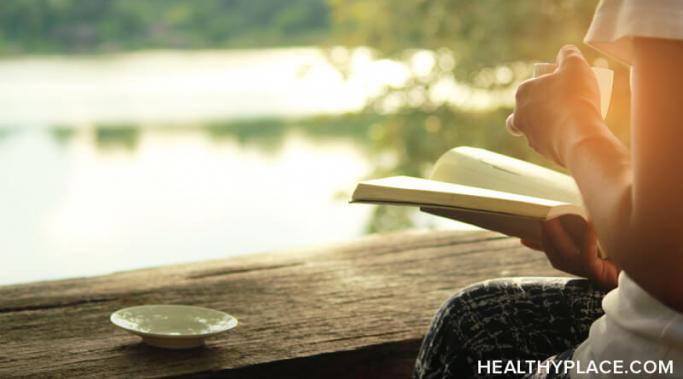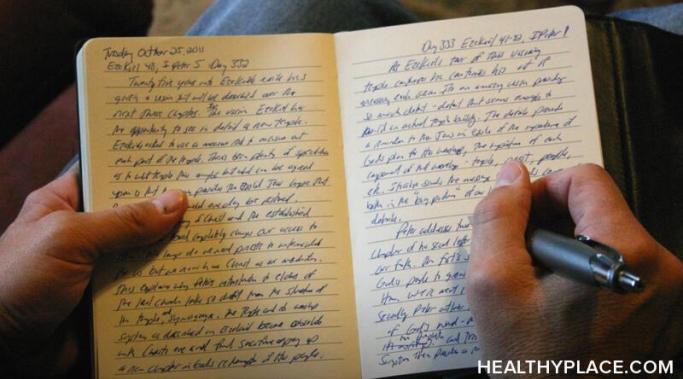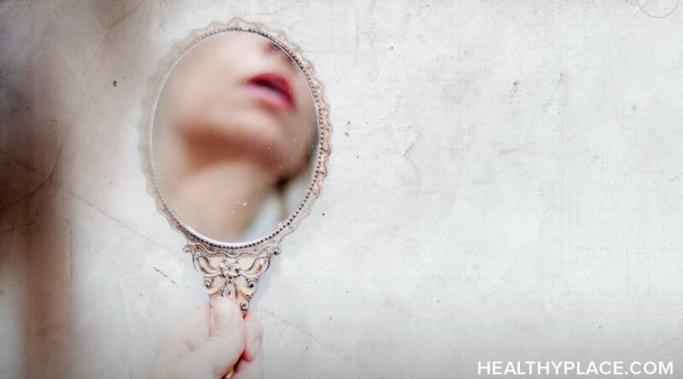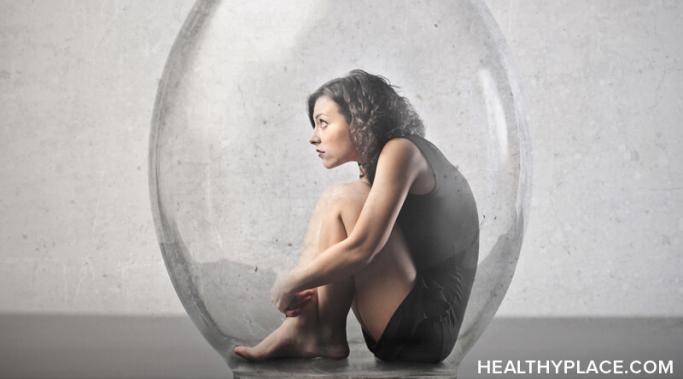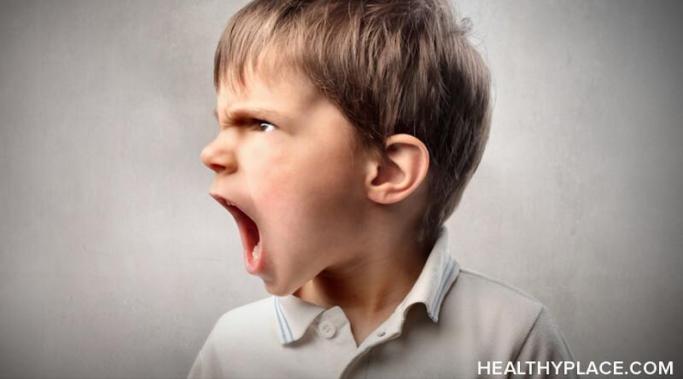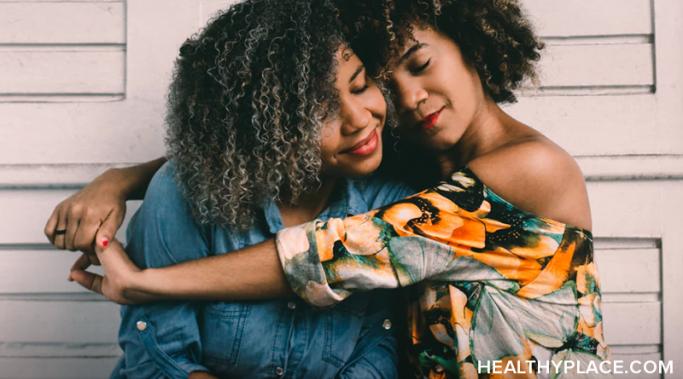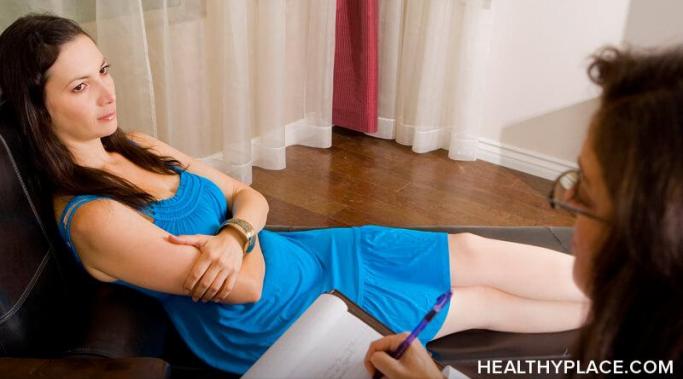Blogs
I wouldn't say it's always a gift to have bipolar disorder, but I do believe it's a gift to receive a bipolar disorder diagnosis. A diagnosis can help you come to terms with the mental health disorder that you have and receive the right kind of support, such as therapy and medication. I have seen the power of a diagnosis in other people and myself. I suffered for years, not knowing why I felt so depressed with frequent suicidal thoughts. Once I received a diagnosis, I could then set up a plan to receive the most suitable support for me.
Living with an illness can be exhausting and defeating for anyone, especially someone healing from verbal abuse. When you are sick, the mind may explore possible outcomes, no matter how unlikely they may be. Unfortunately, the brain can be hard to shut off, particularly when the body is battling an illness.
A key strategy that I have found helpful for my anxiety has been journaling. Whether I am in the middle of an unexpected stressful situation or have encountered something that has triggered my anxiety, journaling helps to reduce my anxiety symptoms.
There is a bridge from alcoholism to recovery. I could best describe my active alcoholism as a series of flaming dumpster fires and broken, smoldering bridges. Conversely, my recovery is more about building new bridges and slowly dusting off the debris from the burned ones from my past. For me, regular self-evaluation helps me pinpoint my mental health status. I do this because better mental health bridges the gap between my recovery and alcoholism.
Understanding the difference between self-confidence and self-worth has helped me on my mental illness recovery journey. Self-confidence is more exterior, valuing my abilities and external presentation. Self-worth is my internal view of myself and what I deserve. Learn more about mental illness and self-confidence versus self-worth below.
Over the past week, I have been reflecting on the acute but nuanced complexity of living in a woman's body. (That is, anyone who identifies as a woman, including those in the lesbian, gay, bisexual, transgender, queer, plus [LGBTQ+] community.) This isn't a new revelation, of course. I've written about how sexism fuels eating disorder behaviors and my own experiences to corroborate that. But I often shove any potential threat of bodily harm, control, or objectification to the margins of my subconscious in order to function as a human. Most women I know default to this coping mechanism as well. However, thanks to a recent global controversy, I (and countless others) am once again forced to reckon with the complexity of living in a woman's body.
As much of the world changes, areas like gambling addiction patterns are likely to go unnoticed by most, but as someone who has battled the grips of gambling addiction, I see the evolving trends in gambling and addiction patterns.
As with adults, children may use verbal abuse in their daily lives for various reasons. Sometimes, parents allow verbal abuse and will not correct their children when they exhibit this damaging behavior.
Lesbian is the first letter of the queer alphabet soup. We've all heard LGBTQ+ (lesbian, gay, bisexual, transgender, queer, plus.), but what does lesbian actually mean? People used to define lesbians as "women loving women," but this definition is outdated and doesn't take into account the many transgender, non-binary, and gender non-conforming humans who still proudly call themselves lesbians. I am one of these people.
I told my therapist that my primary goal was to learn to handle my anxiety so I could turn my focus to managing my symptoms of schizophrenia. In our second session, my therapist put forth a brilliant strategy worth the cost of this add-on to my psychiatric treatment. She said that when I first start to feel anxious, I should start using all the techniques I have learned to deal with anxiety attacks. By managing my anxiety, I can better manage my schizophrenia.
